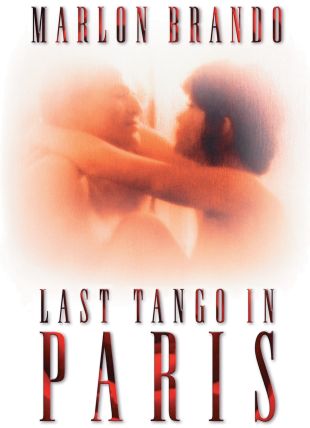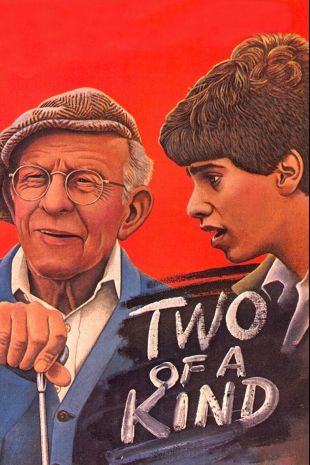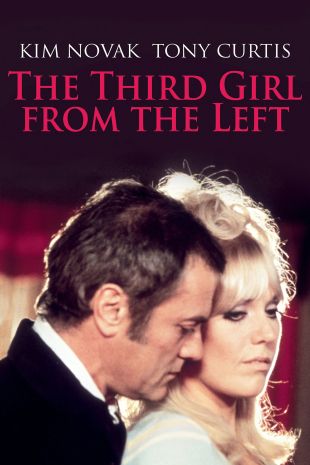Dory Previn (aka Dory Langdon) was a successful lyricist for motion picture theme songs during the 1960s and early 1970s, earning three Academy Award nominations for Best Song. Later in her career, she became a critically acclaimed singer-songwriter. She was born on October 22. Different sources list the year of her birth as early as 1925, though 1929 seems most probable. She was deeply influenced by her father, who was mentally disturbed due to his experience in World War I, and she had a difficult childhood. She began to perform in her teens and after high school attended the American Academy of Dramatic Arts for a year. Thereafter, she worked as an actress and a dancer until she began writing song lyrics, which landed her a job at MGM, where she wrote under the name Dory Langdon. She was assigned to collaborate with composer André Previn, with whom she became romantically involved. She and Previn married on November 7, 1959.
In 1960, continuing to use the name Dory Langdon, she began to get frequent assignments to write lyrics for songs used in motion pictures, usually in collaboration with her husband. That year they wrote "Your Smile" for Who Was That Lady?, though it was cut from the film; the title song for Tall Story (music also by Shelly Manne); and "Why Are We Afraid" for The Subterraneans, again a cut song. The lyricist also added words to David Raksin's theme for The Bad and the Beautiful to create the song "Love is for the Very Young." But her most extensive and successful work in 1960 was her several collaborations for Pepe: "That's How It Went, All Right" and "The Faraway Part of Town", with André Previn, the latter sung in the film by Judy Garland and nominated for an Academy Award; "Suzie", with Johnny Green; the title song, originally a German tune by Hans Wittstatt; and "Lovely Day", the English lyric to "Concha Nacar", composed by Augustin Lara and Maria Teresa.
Dory Previn's next film assignment came with the 1961 film The Long and the Short and the Tall, for which she and Sim Simmons wrote "Hi Jig A Jig, Cook A Little Pig." Later that year, she and her husband's "One, Two, Three Waltz" was used in One, Two, Three. In 1962, the Previns wrote "Mine For The Moment" for Four Horsemen of the Apocalypse and "A Second Chance" for Two for the Seesaw. The latter earned Dory Previn her second Academy Award nomination. The Previns wrote "Look Again," used to exploit Irma La Douce in 1963, and in 1964 contributed two songs to Goodbye Charlie, a title song and "Seven at Once."
In 1965, Dory Previn suffered a nervous breakdown and was institutionalized briefly. Nevertheless, she continued to write with her husband, and began to use the name Dory Previn professionally for the first time. In 1965, the Previns had two songs in Inside Daisy Clover, "The Circus is a Wacky World" and "You're Gonna Hear From Me." They wrote songs for three 1966 films: "Livin' Alone," used in Harper; a title song written to exploit The Fortune Cookie; and the title song for The Swinger. Their last creative work together was some of their most popular: In 1967, they wrote five songs for Valley of the Dolls, "Come Live With Me," "Give A Little More," "I'll Plant My Own Tree," "It's Impossible," and "(Theme From) Valley of the Dolls." The Valley of the Dolls soundtrack album spent six months on the charts, and Dionne Warwick scored a Top Ten hit with her recording of the theme song, while her own Valley of the Dolls LP went gold. Dory Previn also wrote scripts for television series during the 1960s.
In the late 1960s, André Previn made a transition from composing music for films to conducting orchestras worldwide, while living abroad. He took up with 24-year-old actress Mia Farrow, and, when it became known that she was pregnant by him, he and Dory Previn separated in the spring of 1969. Their divorce became final in July 1970, and he married Farrow. Buffeted by the dissolution of her marriage, Dory Previn, after being institutionalized again, returned to writing for films in an increasingly introspective style typified by both "(Theme From) Valley of the Dolls" and her next major film song, "Come Saturday Morning" (music by Fred Karlin) from The Sterile Cuckoo (1969). The Sandpipers, who sang the song in the film, recorded it for a Top 40 hit, and it earned Previn her third Oscar nomination. The same year, she and John Williams wrote the title song for Daddy's Gone A-Hunting. In 1970, she wrote both words and music for "Didn't I Turn Out Nice?," used in the film Up in the Cellar.
Previn's increasingly personal style and the trend toward confessional singer-songwriters in the early 1970s earned her the opportunity to launch a career as a recording artist, and she released her debut album, On My Way to Where, in July 1970. She wrote the lyrics to the title song of Last Tango in Paris (1973) with music by Gato Barbieri. On March 10, 1973, ABC broadcast the TV movie Third Girl From the Left, for which she had written the screenplay and the title song, which she sang in the film.


